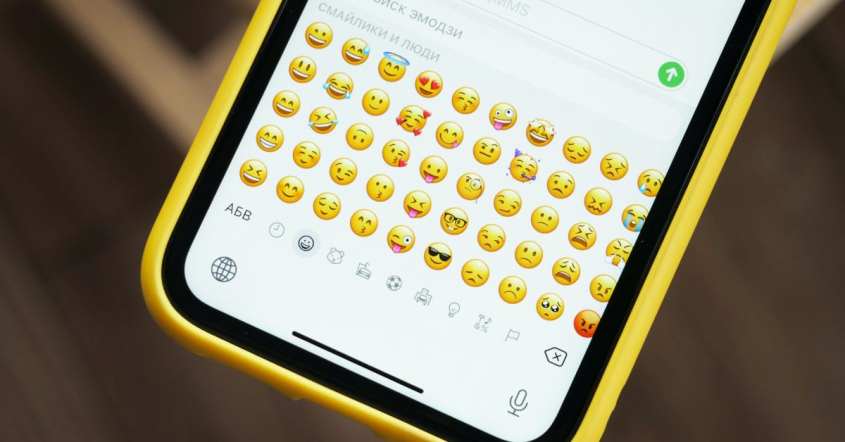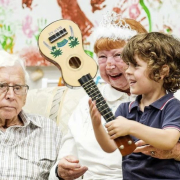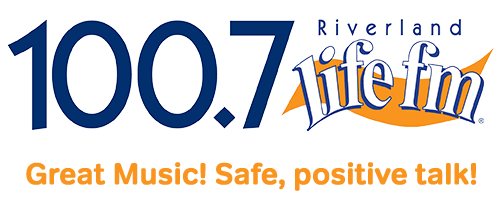Will you Help Emojis Rule The World?
By: Dr Pete Court
Emojis are the new global language. The democratised, adaptable communication of the future.
At least, that’s what the Unicode Consortium hopes for. They are responsible for authorising those dinky little pictures that have come to replace words and emotions in our modern communication.
The Unicode consortium was set up in 1991 as a “non-profit corporation devoted to developing, maintaining, and promoting software internationalization standards and data” as they say. In other words, they want to make the internet usable by all, no matter what language, education, or system differences may exist. The Emoji, first created in 1999, has become a centre-piece of their crusade. And it has worked. Today, people across the world can tell everyone they are happy about the rainy day and that their digestive system is functioning fine.
A new era of openness and communication awaits, and you can be part of it. Like Shakespeare, who made up hundreds of new words that we still use today, you can shape the global lexicon of emojis. The Emojicon if you prefer. From April 4th to July 31st Unicode is asking for suggestions for new emojis. Think of it as adding a useful new word to the language. Unicode’s rules are pretty simple.
The emoji you suggest; has got to be useful across languages and devices; can be used in a sequence; is new and different; and is a distinct and visually iconic identity. There are other rules too, but that’s the nutshell.
How Unicode Constrains Us
What the rules mean is that you can have a Tree emoji because it fits those criteria. But in 2018 Unicode declined an emoji for ‘Neurodiversity’ because, well, what the heck would that look like? In 2021 they declined an emoji for ‘Childhood’ which makes sense for the same reason. In 2018 and 2021 Unicode also declined the Ukulele emoji. And music lovers rejoiced.
But if you are trying to create a language that can be used by all people in all places at all times, a unified way of sharing our lives, can this language only feature vegetables, fish, sporting equipment, and weather conditions? How can the world grow closer together if we can’t even share our thoughts on childhood or neurodiversity? Or Ukuleles? As this new language grows there is an interesting precedent to consider, from the future… or is it the Past?
George Orwell’s 1984 is a literary classic that explores how ‘big brother’, by monitoring and authorising speech and language, controlled the population. By removing words that could be used to revolt, by forbidding speech that was anti big brother, the ruling powers were seeking to initiate ‘Newspeak’, a simplified language that only allowed people to think, discuss and speak of authorised things. It is the story of control by language. People can only gather around things they can put into words. Remove the words and you remove ‘unauthorised’ thoughts from the population.
I’m not saying this is what Unicode are trying to do, and I think there is real value in what emojis can offer. But simplicity and unity of communication can also come with a massive downside. As we consider what can become emojis, an interesting exercise might be to create a list of things that can’t ever be emojis because they are too nuanced or complex. Things like Grace. Forgiveness. Suffering. Wisdom. Rebellion. Compassion… and all that other stuff that makes the world go ‘round. The loss of language and the ability to communicate may not be upon us yet, but it’s worth thinking about.
Article supplied with thanks to 1079life.
Feature image: Photo by Denis Cherkashin on Unsplash









